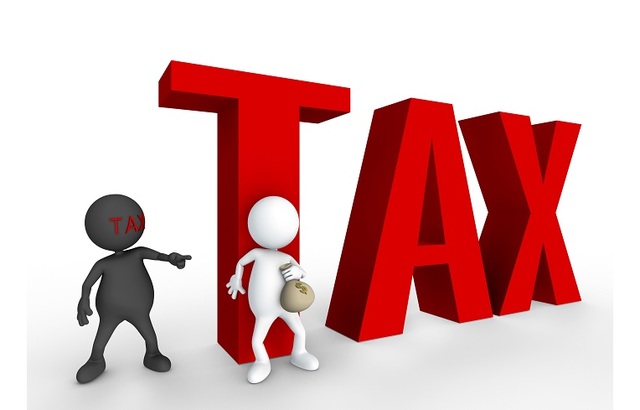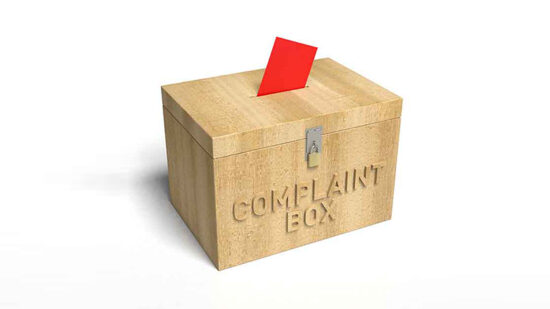The BBC told employees they needed to come out of staff contracts and set up personal service companies – forcing them to sort their own tax out.
In a quick calculation tax expert Jolyon Maughan QC said the arrangements pushed staff out of benefits schemes and saved a potential £170m ($238m, €193m) in tax.
According to witnesses giving evidence to the committee this led to individuals paying tax twice and national insurance not being paid.
A small number off BBC workers have subsequently been handed substantial tax bills with hundreds more “fearing the brown envelope”.
Giving evidence to the Culture Committee on Tuesday Paul Lewis, BBC Moneybox presenter, said: “This isn’t the story of well-paid presenters trying to avoid tax. This is the story of ordinary workers and presenters being pushed into setting up companies and being treated as freelancers.
“The effect was the national insurance contributions (NICs)was not paid, which was not the intention but it was the effect. A number were put on new employment rates and presenters were exposed to the risk (of getting their tax wrong).
“That risk became real for a small number but hundreds more are fearing the brown envelope.
“That this story in the press should have a warning and a number for the Samaritans is a shocking indictment.”
Anguish caused
Yesterday the committee heard of the anguish caused by the BBC pay changes including depression and suicide attempts.
Lewis told MPs he was in a position to refuse to set up a company and instead remained as sole trader, which he said was rare but not unique.
Financial adviser Phil Billingham said the tax benefits of setting up your own company are ‘minimal at best’ for the individual and the story highlighted the lack of understanding around the issue.
“Simply put, whilst the shouting is all about the ‘Companies pay 20% tax’ line, for the owner to take out the resulting profit, they must still pay tax at whatever rate they are liable for, so to compare like for like, you must add Corporation tax to personal tax (salary or dividends),” he said.
“The net answer varies over time, and by tax rate, but is nowhere near as clear as is sometimes made out.
“My understanding of what they did was always against the rules and should always have been subject to pay as you earn.”
Implausible
In evidence to the committee tax lawyer Jolyon Maughan QC said the idea that HM Revenue & Customs had encouraged managers to put staff into company arrangements was “implausible to the point of impossible… HMRC has no incentive,” he said.
“Nothing about it makes sense to me.”
In a quick calculation he also revealed the size of the NICs payments the BBC could have avoided which he estimated to be £170m.
“What they avoided was much smaller but it gives you an idea of the size of the envelope,” he said.








